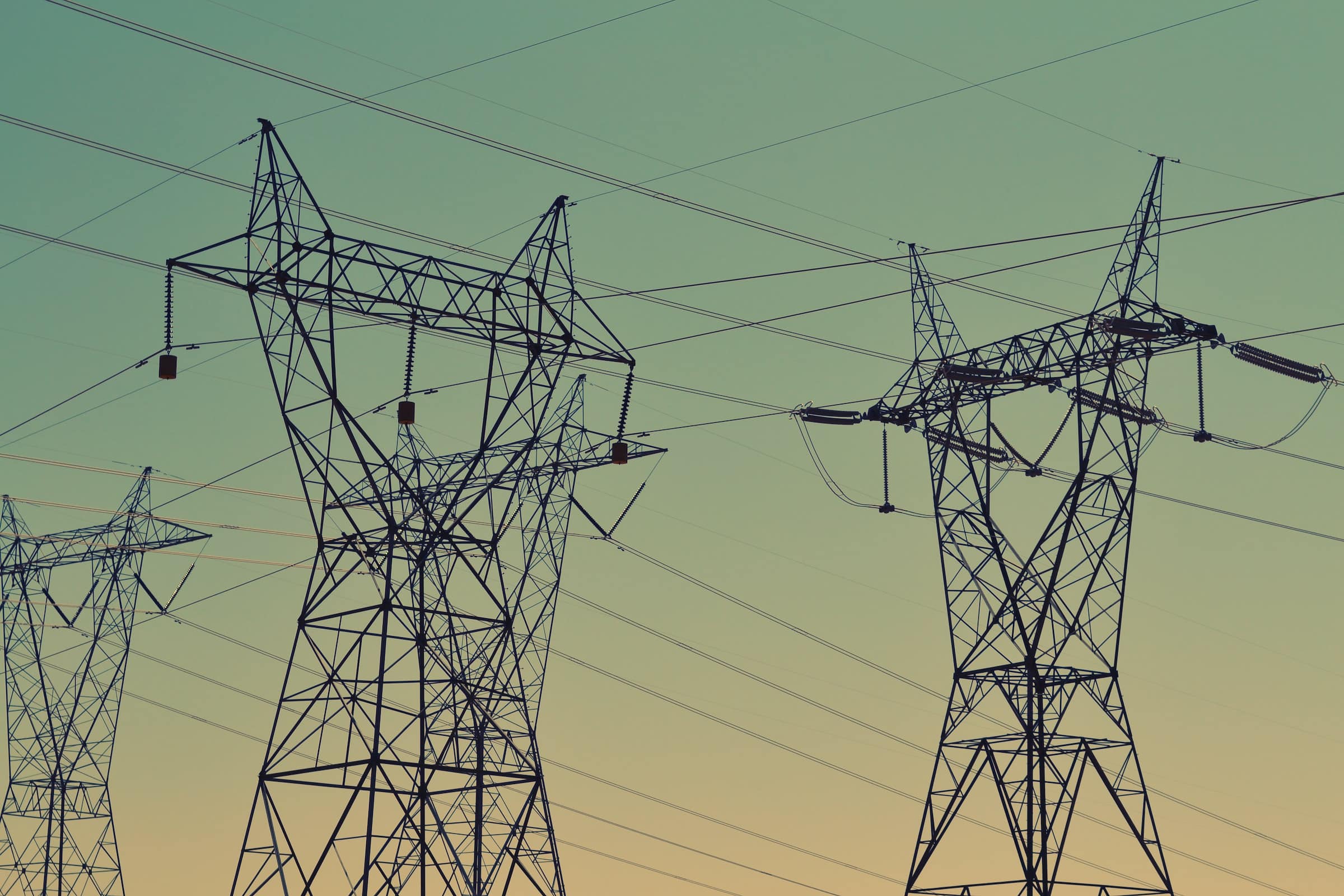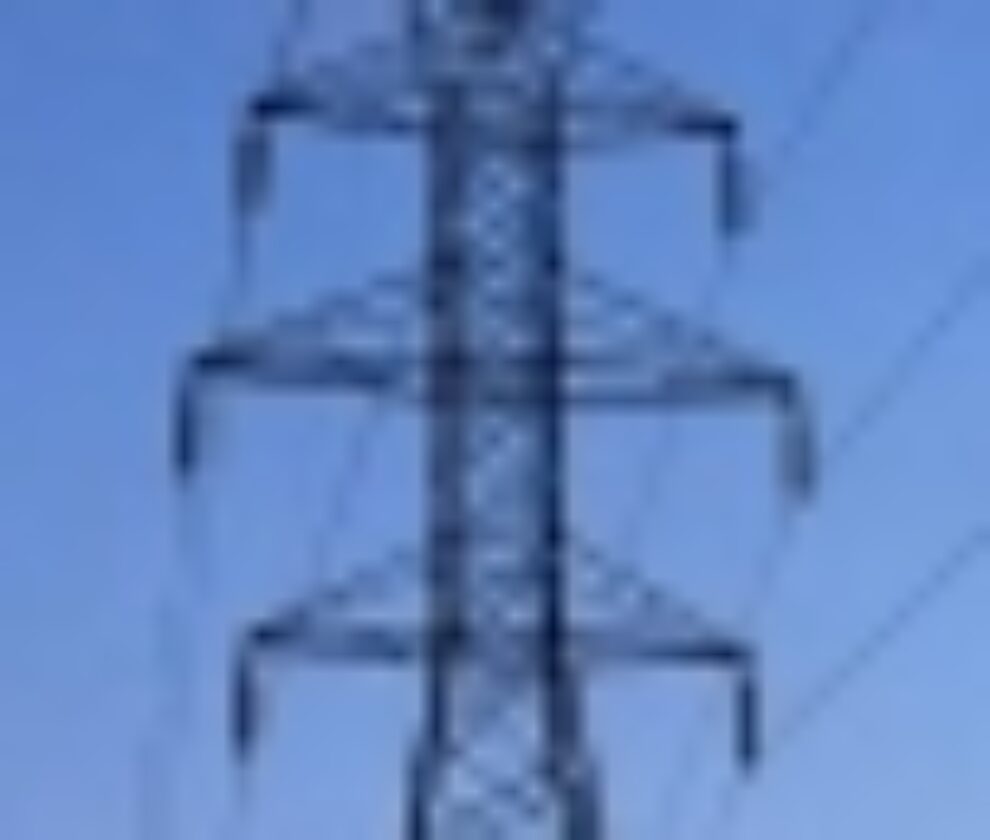In response to a Federal Energy Regulatory Commission (FERC) notice of proposed rulemaking (NOPR), the National Clean Energy Transmission Initiative (NCETI), together with the Energy Future Coalition and an alliance of renewable energy advocates, environmentalists, utilities, and transmission developers, proposed that FERC require broad cost allocation of extra high voltage transmission infrastructure due to its broadly-shared benefits.
Reid Detchon, Executive Director of the Energy Future Coalition, stated that “A robust, modern transmission infrastructure is essential both to develop our vast domestic clean energy resources and to effectively integrate demand-side options. We applaud the Commission for taking these important, measured steps to reform the outdated and fragmented system for planning and paying for electric transmission infrastructure. A strong, smart electric grid is critical to strengthening the U.S. economy, enhancing our national security, and addressing the threat of climate change.”
Extra high voltage lines, those 345kV and above, are the power superhighways that can link remote renewable resources – wind in the Great Plains, solar in the Southwest – with the towns and cities that use the electricity. Increased energy independence and cleaner air from renewable energy use benefit all Americans, thus transmission should be paid for by a broad swath of ratepayers. The NCETI comments suggest that FERC balance national and local interests by allocating costs broadly enough so as not to burden a single entity with the entire cost of new transmission lines while not charging ratepayers who do not benefit from the additional infrastructure.
Stakeholders who signed the comments include the Energy Future Coalition, Alliance for Clean Energy New York, Inc., American Wind Energy Association, BrightSource Energy, Center for American Progress, Conservation Law Foundation, Environment Northeast, Fresh Energy, Interwest Energy Alliance, Invenergy Thermal Development LLC, Invenergy Wind Development LLC, ITC Holdings Corp., Mesa Power Group, Mid-Atlantic Renewable Energy Coalition, Natural Resources Defense Council, Renewable Northwest Project, Sierra Club, Solar Energy Industries Association, The FERC Project, The Stella Group Ltd., The Wilderness Society, Union of Concerned Scientists, Utility Workers Union of America, and Western Grid Group.




